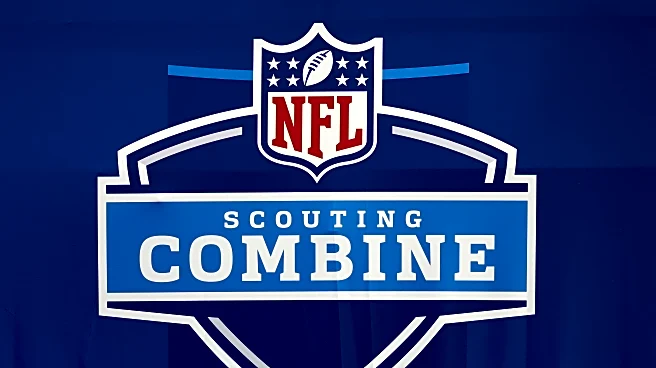What's Happening?
Taylor Swift's latest song 'Cancelled!' from her album 'The Life of a Showgirl' has ignited discussions due to a lyric that appears to reference a quote by conservative commentator Candace Owens. The lyric, 'Did you girl-boss too close to the sun?' has been linked to a phrase Owens used in a January 2025 podcast. Owens has publicly claimed that Swift's song quotes her, which has led to a flurry of online debates and media coverage. The song, released on October 3, 2025, has been interpreted by some as a commentary on cancel culture, while others see it as a potential legal issue regarding attribution and influence.
Why It's Important?
The controversy surrounding the song highlights the intersection of pop culture and politics, as well as the ongoing discourse around cancel culture. The debate has polarized fans and commentators, with some viewing the lyric as a playful artistic expression and others as a serious callout tied to real-world legal disputes. This situation underscores the power of celebrity influence and the rapid spread of information in the digital age. The outcome of this debate could have implications for how artists reference public figures and statements in their work, potentially affecting future legal and creative boundaries.
What's Next?
As the discussion continues, there may be further developments in terms of legal actions or public statements from the involved parties. Fans and media outlets are likely to keep a close watch on any clarifications or responses from Taylor Swift or Candace Owens. The situation could lead to more detailed examinations of podcast timestamps and clearer attributions, possibly influencing the broader legal landscape regarding intellectual property and public statements.
Beyond the Headlines
This incident raises questions about the ethical considerations of using public figures' statements in artistic works. It also highlights the cultural impact of celebrity feuds and the role of social media in amplifying such disputes. The case could set a precedent for how similar situations are handled in the future, affecting both the music industry and public discourse.










